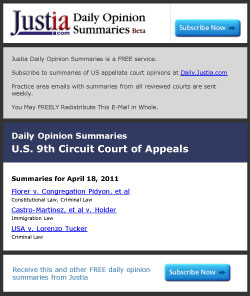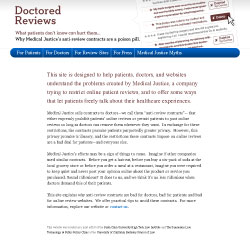 In response to the increasing number of states that have authorized medical marijuana use during the past two years, the U.S. Department of Justice recently issued a memorandum to its field offices regarding federal enforcement of the Controlled Substances Act in such states. Many fear that the memo signals an impending federal crackdown on the production, distribution and possession of marijuana in these states, in contrast to the previously relaxed stance toward prosecution. To better understand the situation, here’s a background on the law.
In response to the increasing number of states that have authorized medical marijuana use during the past two years, the U.S. Department of Justice recently issued a memorandum to its field offices regarding federal enforcement of the Controlled Substances Act in such states. Many fear that the memo signals an impending federal crackdown on the production, distribution and possession of marijuana in these states, in contrast to the previously relaxed stance toward prosecution. To better understand the situation, here’s a background on the law.
State Laws
State laws regulating marijuana use can be divided into two categories: decriminalization laws and those that authorize medical use of marijuana. De-criminalization refers to the reduction of penalties for possession of small amounts of marijuana for personal use. Decriminalization statutes do not legalize possession, but treat it as a civil offense that subjects an offender to a monetary fine, instead of incarceration.


 We
We 
 Folks, it’s pledge week here at the Justia Blog. Want to support free law?
Folks, it’s pledge week here at the Justia Blog. Want to support free law? 



